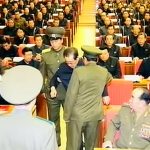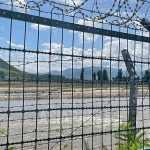◆South Korean-style text greetings such as “bye-bye,” “chal-ka,” and “ty” are popular among North Koreans
So, what kind of South Korean-style words are actually being used in North Korea and what kind of enforcement is in place to crack down on it? A reporting partner living in the northern part of the country together with their junior
high school-age child explained as follows:
“The target of the crackdown is the text messages on cell phones. It has been a while since South Korean dramas first came to North Korea, right? Since cell phones have become common recently, young people are using South Korean phrases in their text messages. For example, almost all young people are using ‘saranghaeyeong’ (I love you), ‘chal-ka’ (see you), ‘bye-bye,’ and ‘ty’ (the english abbreviation for thank you) in their texts.”
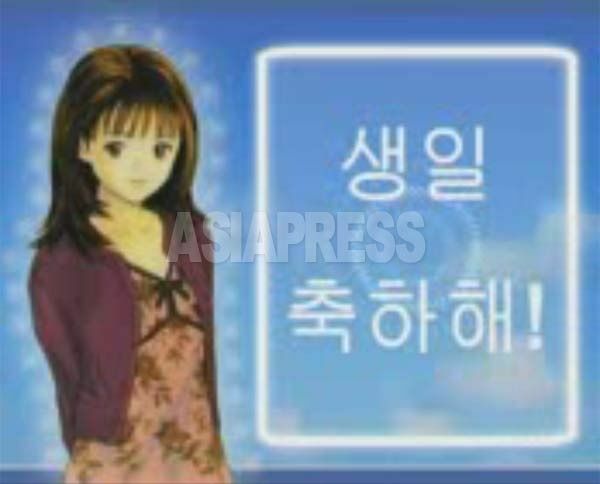
In North Korea, there are organizations such as the “109 Sangmu,” the “Anti-Socialist Censorship Group,” (Bi-sa Group for short), and “Inspection Teams” that crack down on non-socialist phenomena (referred to simply as “Bi-sa”). They inspect people’s clothes and hairstyles on the streets as well investigate the dissemination, trafficking and viewing of South Korean dramas. When stopping pedestrians, inspectors force them open their cell phones and inspect their text messages, photos, and videos. If someone refuses to divulge the passcode for their phone, the device will be confiscated and unlocked by a specialist at the station.
“If there are any expressions in the text messages that are not used in North Korea, the owner of the device will be suspected of watching South Korean dramas and will be interrogated. Inspectors also check the text messages for any rumors or complaints about difficulties due to the Covid-19 pandemic. However, students and young people are clever, so they are very careful to delete their text messages as soon as possible after sending them.”
In addition, young people are increasingly converting and copying videos that can be played on cell phones and forwarding them on to friends, which is also a cause for authorities' alarm.
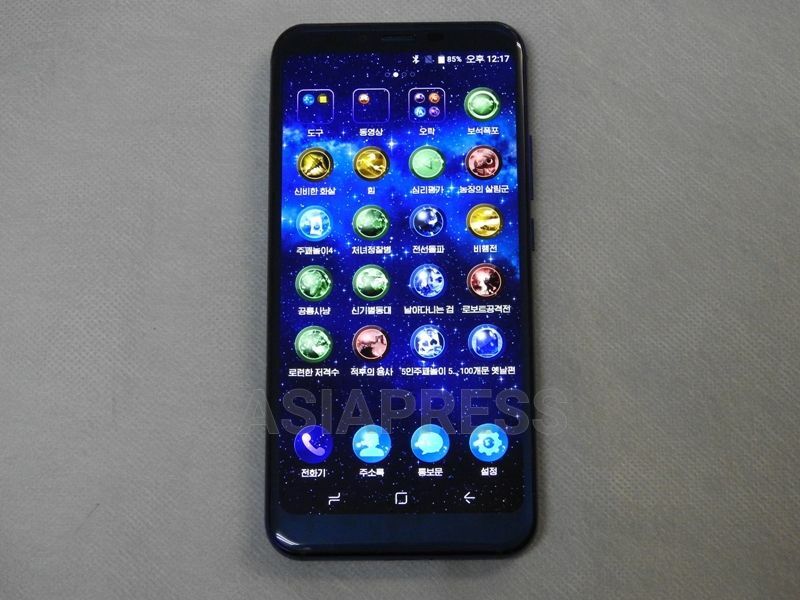
◆ North Korean parents giving their children South Korean-style names
The influence of the ‘Korean Wave’ is not limited to young people. The number of parents giving their children South Korean names has been increasing, with the practice becoming a target of law enforcement this year.
A reporting partner explained, “On Kim Jong-un’s direct orders, the resident registration division of the police department have blocked residents from registering ‘bullshit names’ that are not written in Chinese characters or that do not match the values of socialism, in some cases forcing residents to rename their children.”
Why is Kim Jong-un so wary of the influx and spread of the ‘Korean Wave’? And what punishment will be meted out to the young people who are caught by the crackdown? To explore these questions further, ASIAPRESS has analyzed other recently-obtained internal documents, which outline Kim Jong-un’s policy for inciting hatred among the domestic population towards South Korea. (To be continued)
- <Inside N. Korea> Missing Medicine: Country on Verge of "Medical System Collapse" due to Rapid Depletion and Blocked Imports of Drugs (2020-12-23)
- <Inside N. Korea> “No Soap but Many Broken-Down Cars”: The Reality of Life Under the Paralyzed COVID-19 Economy (2020-12-22)
- Residents of N. Korea's Embattled Cities Face Starvation Amid Continuing Coronavirus Blockade (2020-12-16)
- Strict Coronavirus Prevention Measures Result in 99% Year-on-year Drop in Trade for October (2020-12-12)
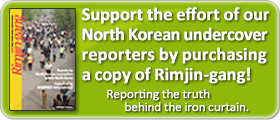 Editor’s notes on North Korean reporters
Editor’s notes on North Korean reporters
ALL REPORTS >>>
ARCHIVE(pdf) >>
DPRK MAP >>
![[Video Report] Visiting an abandoned factory district: Sunchon Vinylon fiber factories left in ruins](https://www.asiapress.org/rimjin-gang/wp-content/uploads/2019/02/1616-150x150.jpg)
